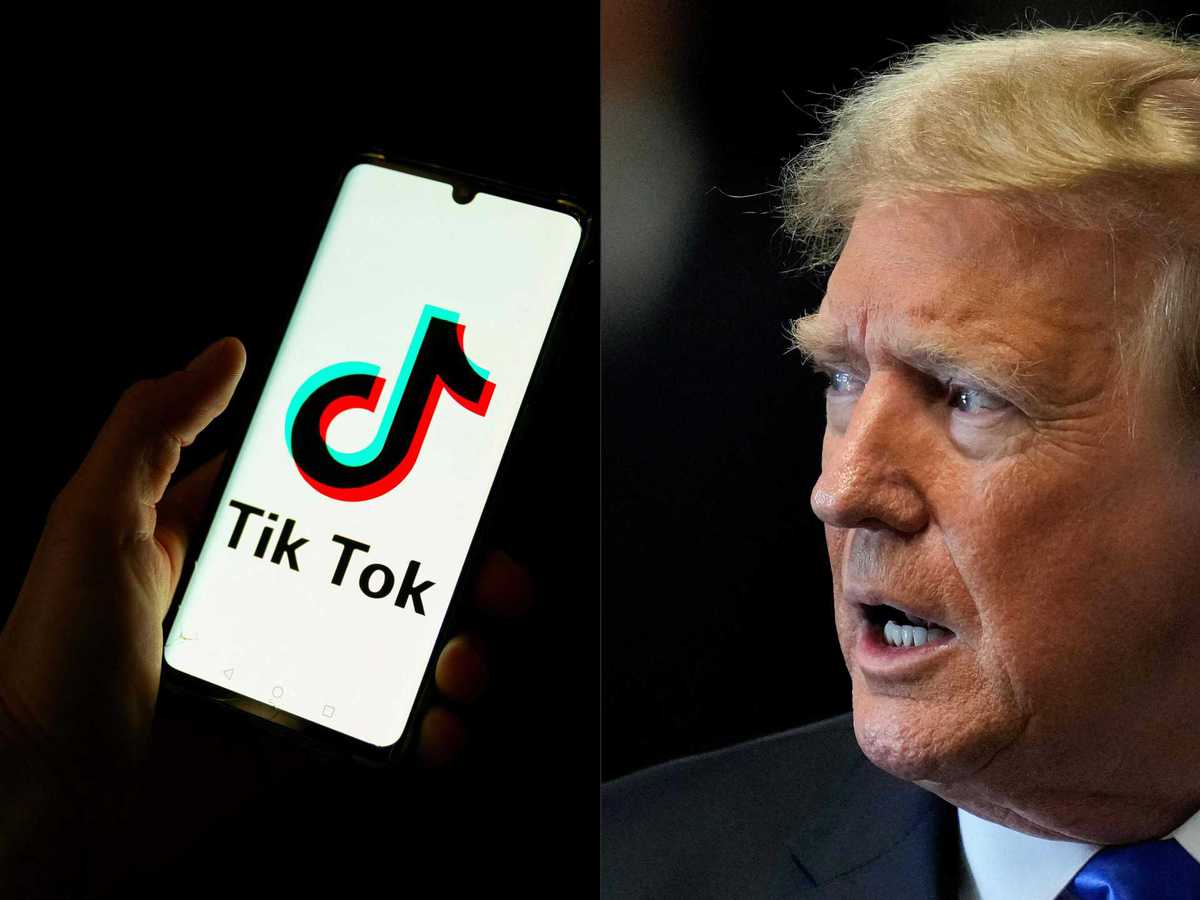The story behind Trump's TikTok move


When it comes to TikTok, Congress has spoken. The US Supreme Court has spoken. Now it is Donald Trump's turn.
Trump, who was sworn in as president of the United States on Monday, has promised to issue an executive order that will delay enforcement of a new federal law that compels Byte-Dance, the China-based company that owns TikTok, to either sell the wildly popular app to a US group or be banned in the country.
His announcement, made on Sunday, came two days after the Supreme Court unanimously decided to uphold the law that was enacted last year. The court decision led TikTok to temporarily shut down the app across the country late Saturday.
Whether Trump's action will be successful is important. But for now, it is equally important to remember that he is looking to do what Congress would not: positively connect with the estimated 170 million US citizens, roughly 50 percent of the country's population, who use the app for business or entertainment.
Many of those users have noted that their livelihoods are tied to TikTok, and Trump will always have an ear tuned to conversations about business and money.
It is relevant that he is looking past the often irrational fear in Washington that began roughly five years ago — a fear that suggests TikTok is a threat to national security.
One of the pillars upholding the law to ban TikTok is the peculiar premise claiming China might be able to blackmail today's US teenagers who will become tomorrow's leaders.
The argument goes like this: at some point in the future, the Chinese government will order TikTok to hand over all the data it has on its US users.
The Chinese government will then sift through that information and threaten to expose any US citizen who might have created or liked a video that supports China, questioned US values, or otherwise wanted to create discord within the country.
Critics have pointed out the weaknesses to such claims, with perhaps the two most important being the hand-over-the-data day might never come and similar data could be gathered about any US citizen who uses apps such as Facebook or X, both US-based entities.
Of course, when fear motivates decisions, rational actions do not often follow.
There is another error worth noting. The US government said that ByteDance could sell the app to a US group and it would continue to operate exactly as it does.
Let's set aside for a moment the fact that ByteDance has consistently said such a sale would never hap-pen. Instead, let's focus on what attorneys for ByteDance have said. The company would strip away the proprietary software and source code development at the foundation of TikTok before if it were to ever hand over the app to another ownership group. Doing so would mean whatever TikTok is now is not what it would be in the future. Its defining features would change, and not necessarily for the better.
Is the realization of this reality influencing Trump? The answer is likely to come soon enough.
But what if it comes too late? Viewed another way, just how valuable would TikTok be if significant numbers of US citizens abandoned it and turned their attention to a different social media platform? Facebook or X? Hardly.
How about Xiaohongshu, another app owned by a Chinese company that received more than 700,000 "TikTok refugees" over past weeks?
Congress is certain to thump its chest and claim victory in the coming days, because it has concluded TikTok is diminished — and might be killed off entirely — in the US, but just how much of a victory would it be if its users simply moved to another Chinese-owned app?
Yes, there are lots of unanswered questions and suppositions surrounding what might happen to TikTok in the coming weeks. But there is a domestic reality that cannot be lost. In backing the government and upholding the new law about TikTok, the Supreme Court, intending to or not, has given the federal government wide latitude to make future claims that any foreign-owned app is a threat to national security. The ramifications of that should concern all US people.
The author is department head and an associate professor of the Communication and Organizational Leadership Department at Robert Morris University in Pennsylvania, the United States.


































